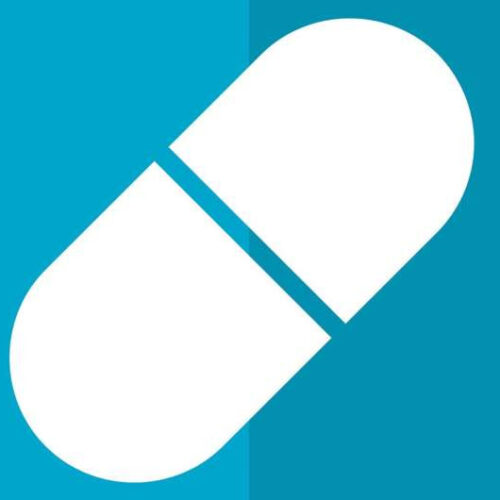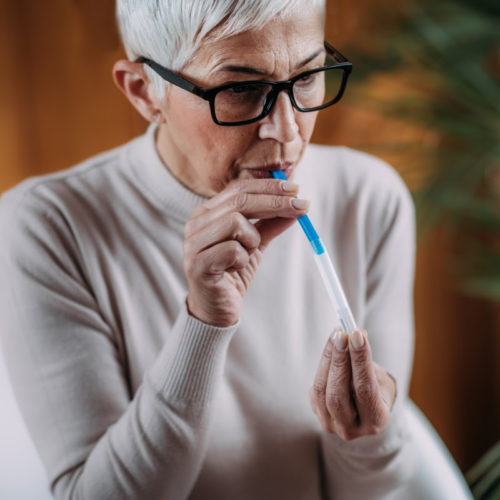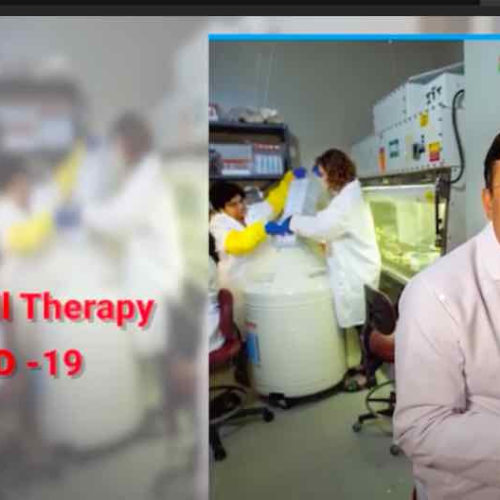Mavacamten, a drug initially developed to treat hypertrophic cardiomyopathy, has shown signs of reducing heart stress in patients with heart failure with preserved ejection fraction. Heart failure with preserved ejection fraction (HFpEF) affects nearly half of all heart failure patients. It is characterized by the heart’s inability to appropriately fill with blood despite normal pumping strength. Patients...
Tag: <span>Cardiac</span>
Common consumer product chemicals now tied to cardiac electrical changes
Common consumer product chemicals now tied to cardiac electrical changes Graphic summary of the effect of phenol exposure on ECG parameters in the Fernald Cohort. Effect size represents the change in the value of ECG parameters with a change in one unit of log transformed urinary phenol concentration. Red bars illustrate effects that have statistical...
Urgent recall of blood pressure medications over fear pills can cause irregular heart beat, cardiac arrest
By JAMES CIRRONE FOR DAILYMAIL.COM A whopping 135 batches of blood pressure medication have been recalled over fears that the pill capsules won’t properly dissolve when ingested by patients. Glenmark Pharmaceuticals initiated a voluntary recall of 114 batches of 750 mg Potassium Chloride in bottles containing 100 and 500 pills, with all of the specific...
Drug discovered by researchers shows potential life-saving results in treating cardiac arrhythmias
by Simon Fraser University CC0/Pixabay Scientists at Simon Fraser University (SFU) and the Lankenau Institute for Medical Research (LIMR) near Philadelphia have found that a drug discovered at SFU and patented several years ago may have potential lifesaving results in the treatment of conditions leading to sudden cardiac death. The drug, known as AR-787, was originally discovered...
Potential COVID-19 drug azithromycin may increase risk for cardiac events
UNIVERSITY OF ILLINOIS AT CHICAGO Debates over whether hydroxychloroquine should be taken to help lessen the duration and impact of COVID-19 have revolved around the drug’s reputation for causing cardiac events such as abnormal heart rhythms or beats and cardiac arrest. Because of this, the U.S. Food and Drug Administration has revoked emergency use authorization...
Spit test promises to diagnose heart attacks in just 10 minutes
By Rich Haridy August 27, 2020 New preliminary research is suggesting a simple saliva test can detect the presence of a protein biomarker known to signal the occurrence of a heart attack in just 10 minutes. If this prototype test is validated in future studies it could dramatically accelerate the speed at which patients with...
STUFF ( quercertin) IN CAPERS ACTIVATES KEY PROTEINS IN BRAIN AND HEART
A compound common in pickled capers, quercetin, activates proteins required for normal human brain and heart activity, researchers report. In a new study in Communications Biology, the researchers report that quercetin can directly regulate proteins required for bodily processes such as the heartbeat, thought, muscular contraction, and normal functioning of the thyroid, pancreas, and gastrointestinal...
Direct reprogramming: Defying the contemporary limitations in cardiac regeneration
This article by Dr. Vivekanandan Palaninathan et al. is published in Current Pharmaceutical Design, 2020 BENTHAM SCIENCE PUBLISHERS Direct reprogramming or Transdifferentiation is a way of inducing changes in the cell type from one lineage into another lineage, bypassing pluripotency. This approach is an innovative choice to replace the lost cardiomyocytes after an end-stage myocardial...
Update on stem cells for COVID-19, Surgisphere scandal
The term Regenerative Medicine covers so much biomedical science these days including everything from just about any kind of cell therapy (not just stem cells) to CRISPR gene editing, and with the the COVID-19 pandemic, it seems this umbrella use of the term now includes potential treatment of viral illnesses. It can be hard to...
Novel electrocardiogram uses signals from ear and hand to check heart rhythm
A novel electrocardiogram (ECG) method which uses signals from the ear and hand to check heart rhythm is revealed today at EHRA 2011 a European Society of Cardiology (ESC) congress. The ECG does not require two hands and could be used by drivers, athletes, and the military. Study author Dr. Raffaele De Lucia, of the University Hospital of Pisa, Italy, said: “Mobile ECG devices present a major opportunity to...
- 1
- 2



